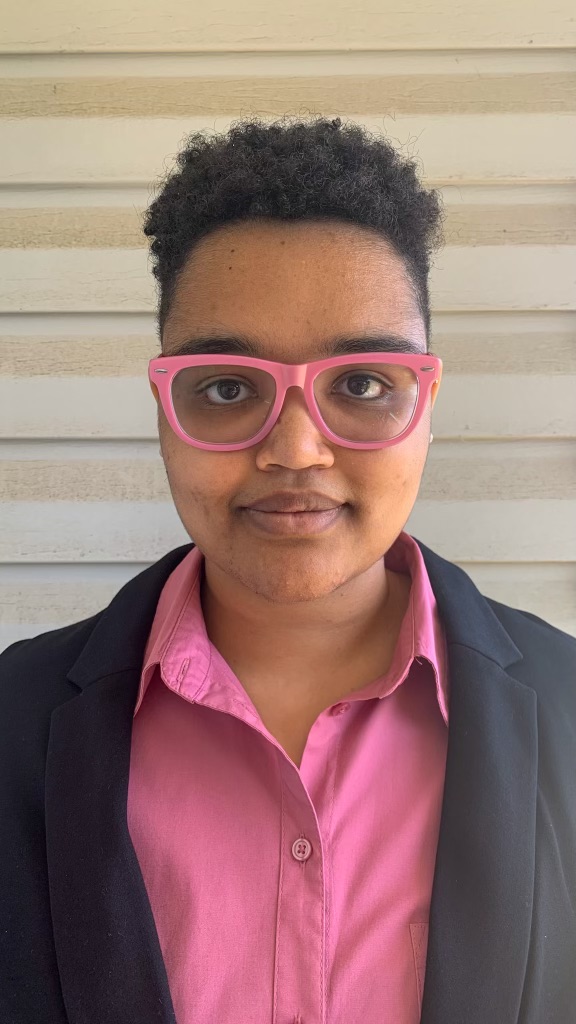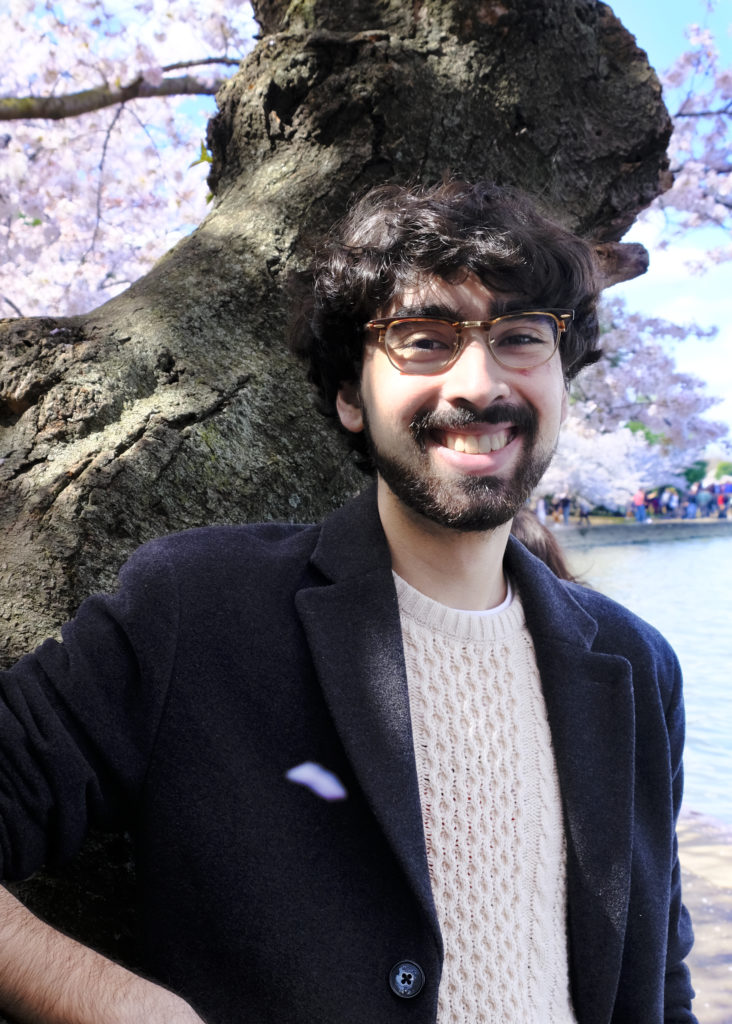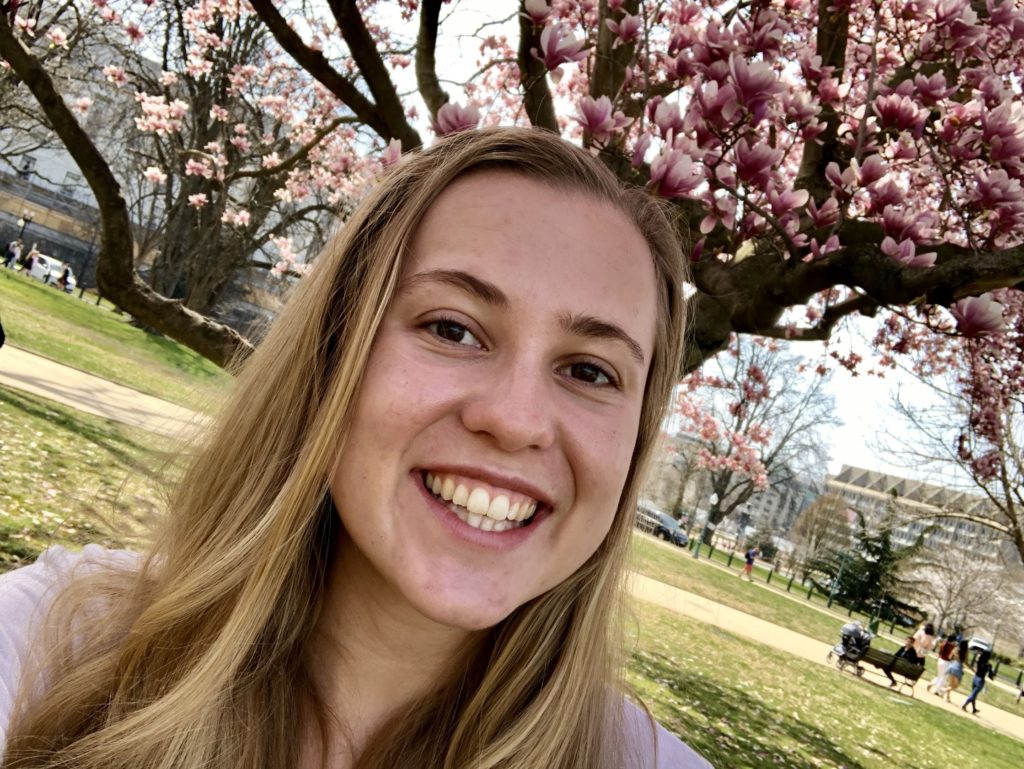
Dr. Salerno’s Nomination
I have known Jen since 2016, as we are both currently Assistant Professors in the Environmental Science and Policy department. From our initial conversations, it was clear that Jen is dedicated to communicating science to undergraduate and graduate students through coursework and field experiences. Jen has an amazing, bubbly personality, which students naturally gravitate towards. She consistently receives high praise from students at the end of each semester, and throughout the semester, on her courses and her effectiveness as a teacher. I cannot think of a more deserving recipient of this award, and I hope to demonstrate that to the committee in this letter.
Throughout her coursework, Jen also strives to make science relatable and relevant to students by using different media (e.g., art, literature, music, technology) to look at science through a transdisciplinary lens (e.g., social sciences, economics, policy). From thinking about “big data” and the code behind their favorite apps to getting them excited about the diversity of microbes used to create colorful mosaics in the annual agar art contest – this approach enables students to appreciate the endless ways in which science and technology intersect their everyday lives and how it can truly be creative and fun. She also makes an effort to engage students in conversations about current events in science and what it means to them personally – whether it is the newest smart phone release, rejoining the Paris Climate Agreement, or SARS-CoV-2 vaccine development. These types of conversations are important for students to understand that while science leads us toward progress, it does not operate in a vacuum and cannot be used alone to solve the world’s problems. They must consider other parts of the equation: community wants/needs, economics, and often politics. If students can make tangible connections with science to their own lives, perhaps they will be inspired to pursue it further, to take an upper-level genetics course, or to innovatively tackle a challenging research question.
While classroom teaching is one aspect of effectiveness, Jen is also a capable mentor to many undergraduate and graduate students. She currently advises one Ph.D. student and three Masters students, and serves on the committees of five Ph.D. students and six Masters students in ESP. She has mentored eight undergraduate students (five current) and four high school students (two current) in her laboratory through the OSCAR (3), URSP (1), and ASSIP (3) programs at Mason, as well as bringing them on as volunteer research assistants and/or wage workers. One of the reasons students are drawn to working with Jen is her passion and talent for being able to translate her research effectively. Jen is an incredible supervisor for her students; she understands the line between being overbearing and letting the students have too much freedom, all the while making enough time to manage and concurrently supervise multiple students at a time. After observing her with students in the field, she is patient, dependable, organized, an overall a joy to work with, and the students respect and admire her. Jen’s mentoring has obviously left a lasting impression on these students as many of them continued on as research assistants in labs, either voluntarily, or paid positions, and/or moved on to applying to graduate programs, internships, and fellowships with great success.
Jen’s classroom extends beyond the traditional borders of a college campus. She has worked with students underwater, at remote field stations, and aboard research vessels at sea. Like many field ecologists, some of her favorite moments are teaching in the field, where students get to truly experience all of the things that can go wrong when you are trying to execute an experiment with limited resources in an unpredictable environment. It is during this time that students are forced to come up with creative solutions to problems. However, she would also say that she similarly enjoys teaching students in a climate-controlled laboratory, where every microliter counts and aseptic technique is paramount to success. The students start out nervous under a watchful eye, but after time and practice, get comfortable enough to begin innovating their own styles of working in the lab. It has been especially inspiring to see Jen’s students innovate new approaches to research during the pandemic when access to the field and laboratory has been very limited.
In short, Jen is a wonderful teacher, mentor, and collaborator, and she is deserving of an OSCAR Mentoring Excellence Award. She is incredibly generous of her time to students, collaborators, and fellow faculty members and still makes time to complete outstanding research of the highest caliber.





